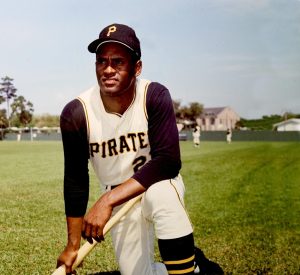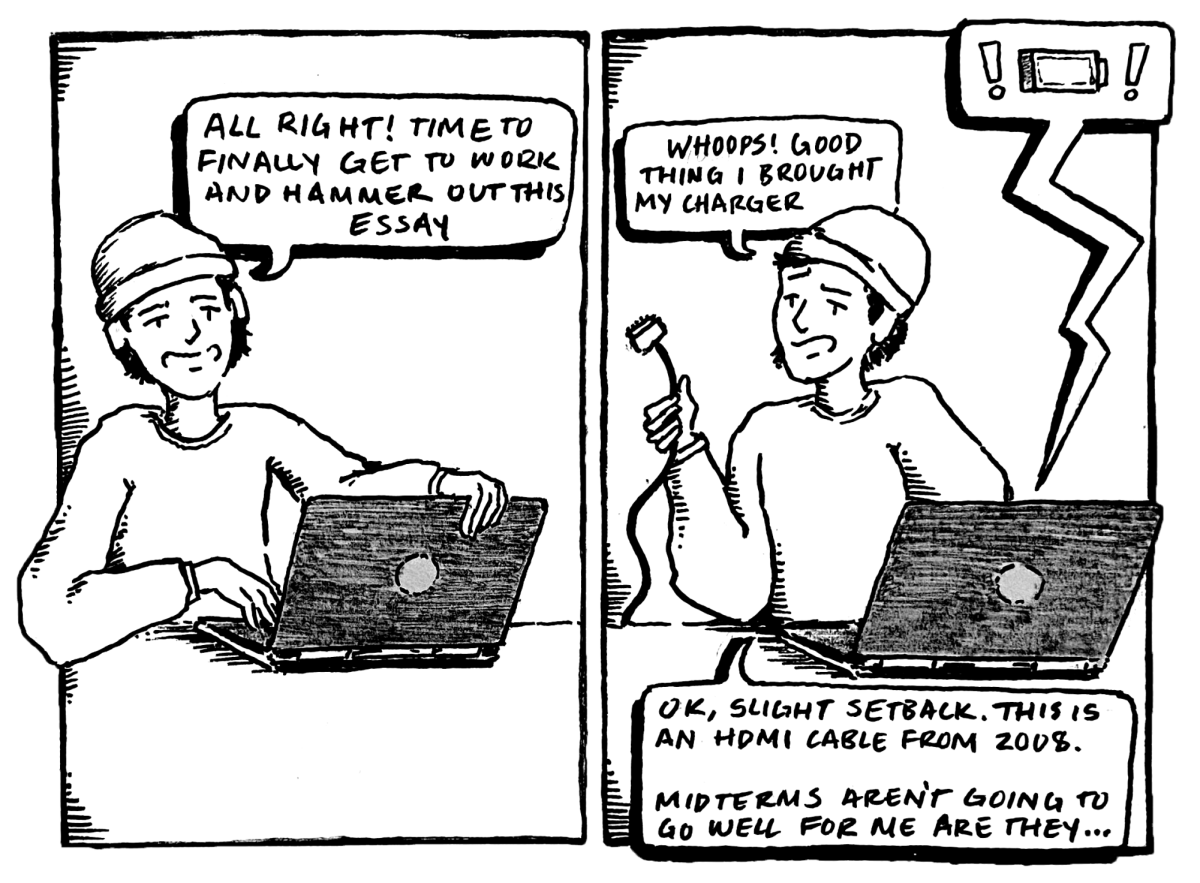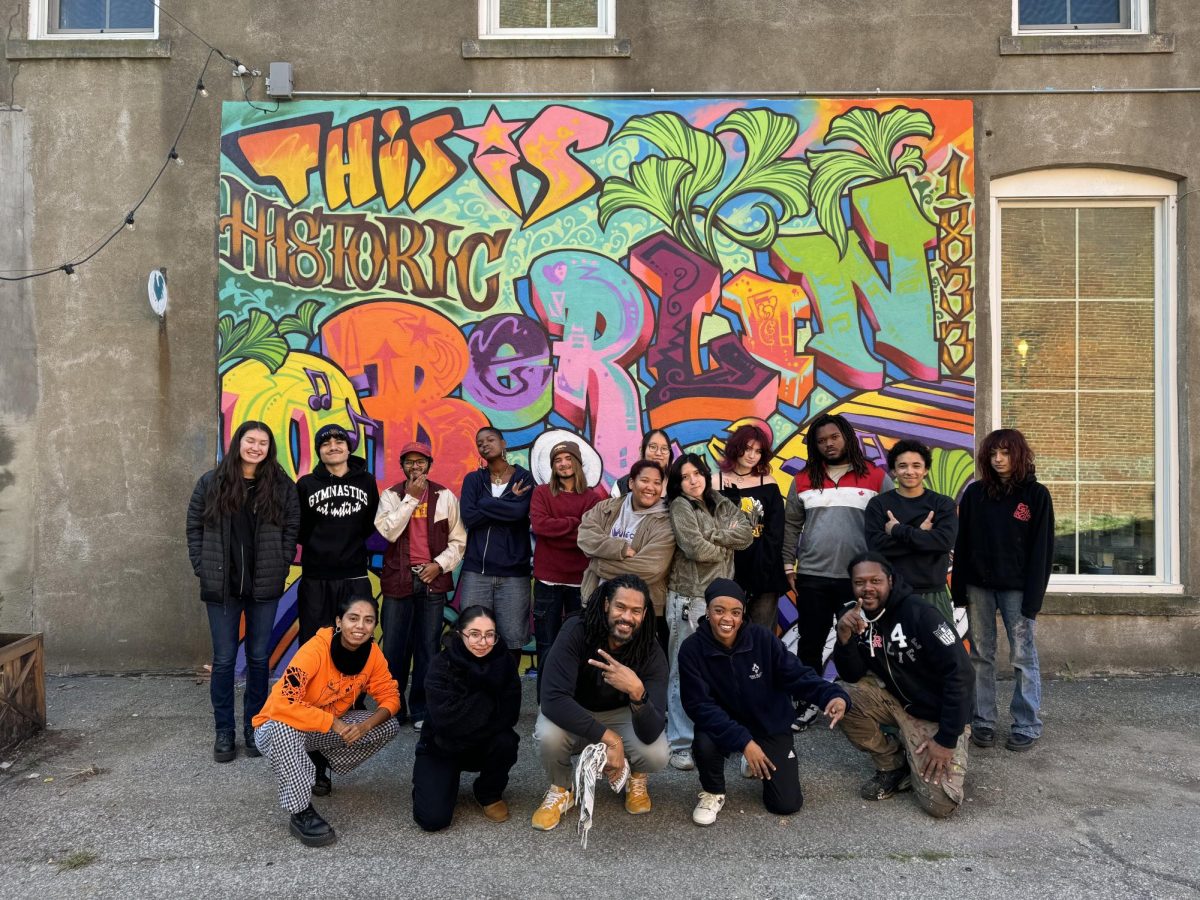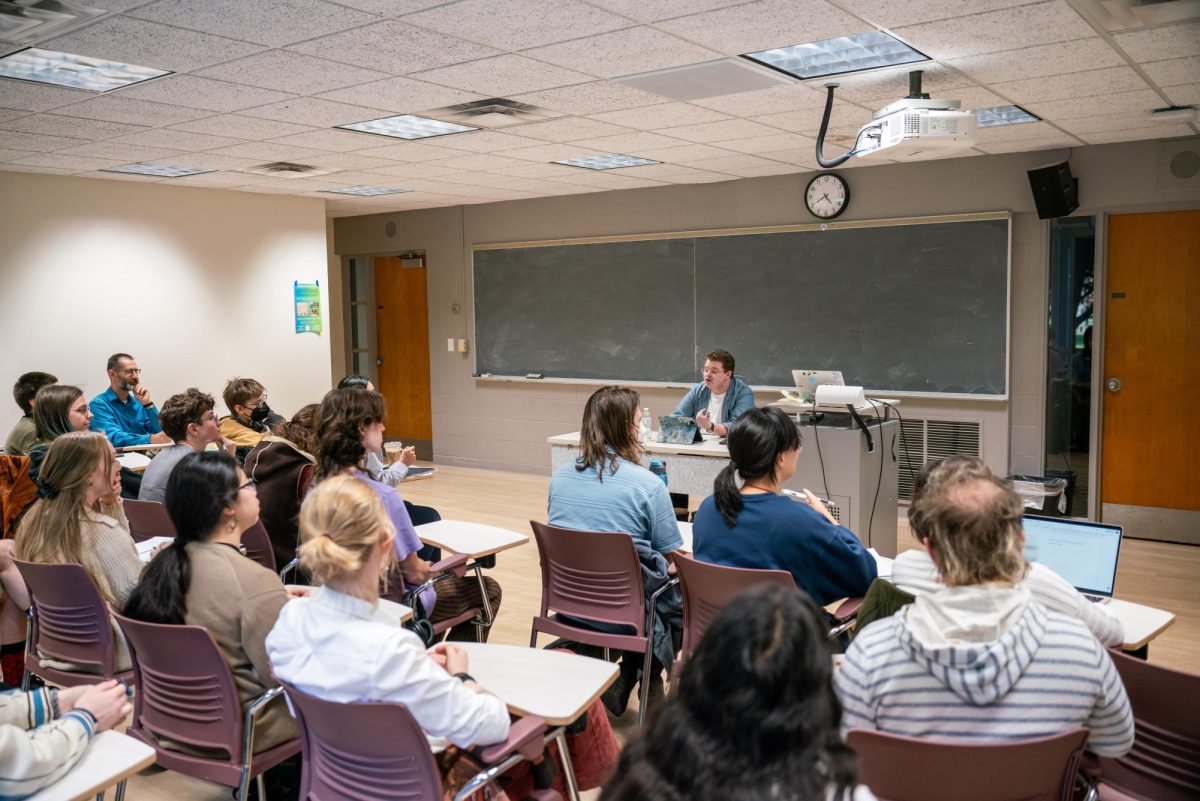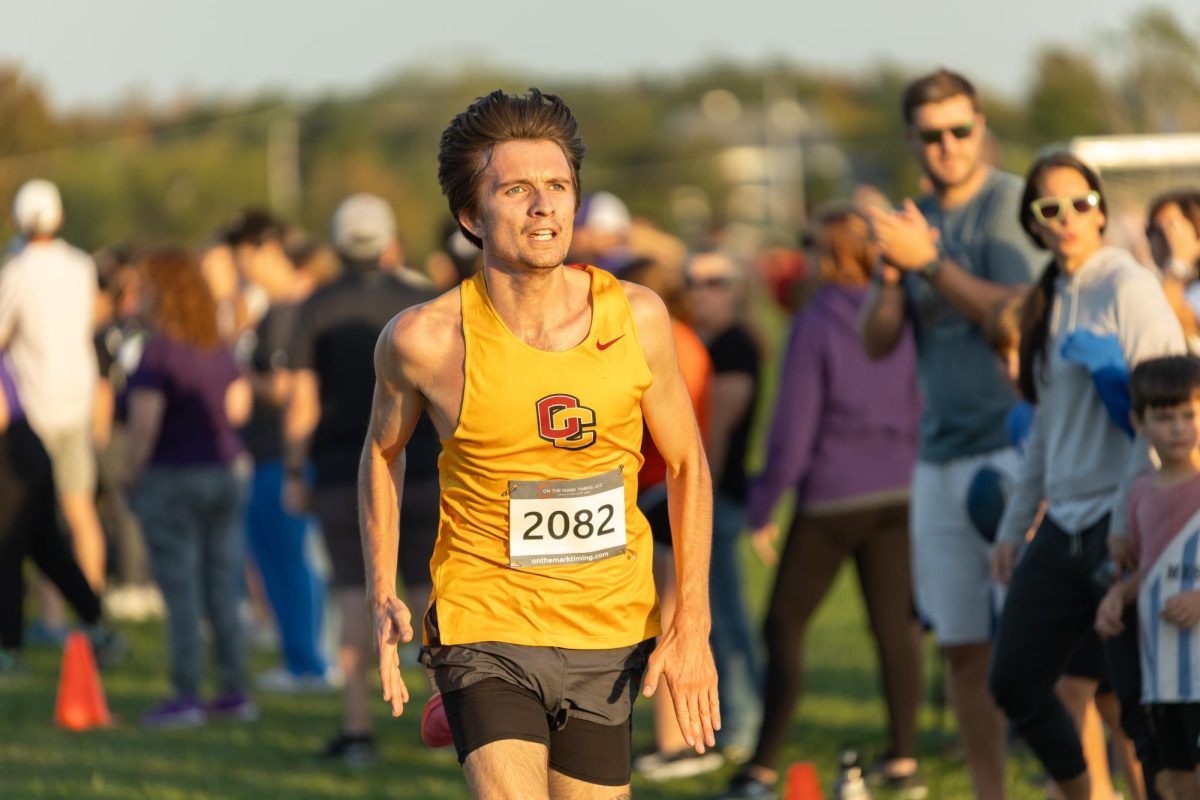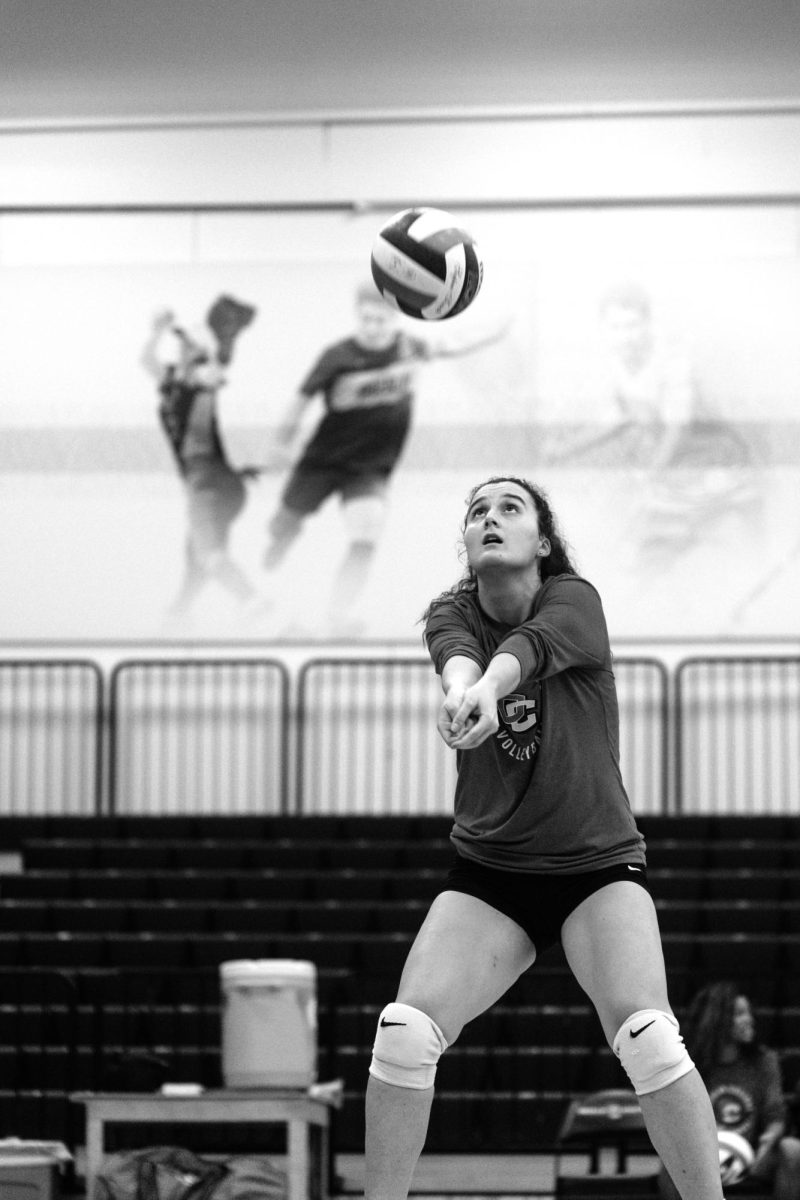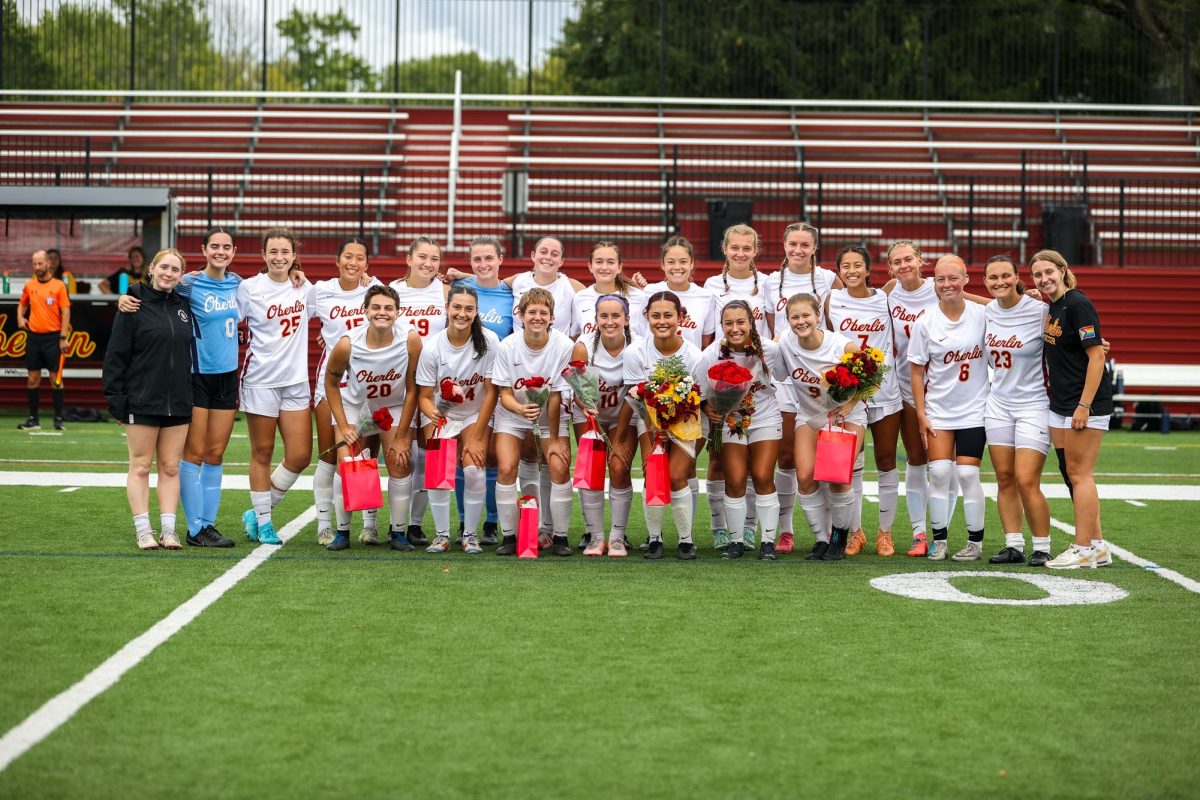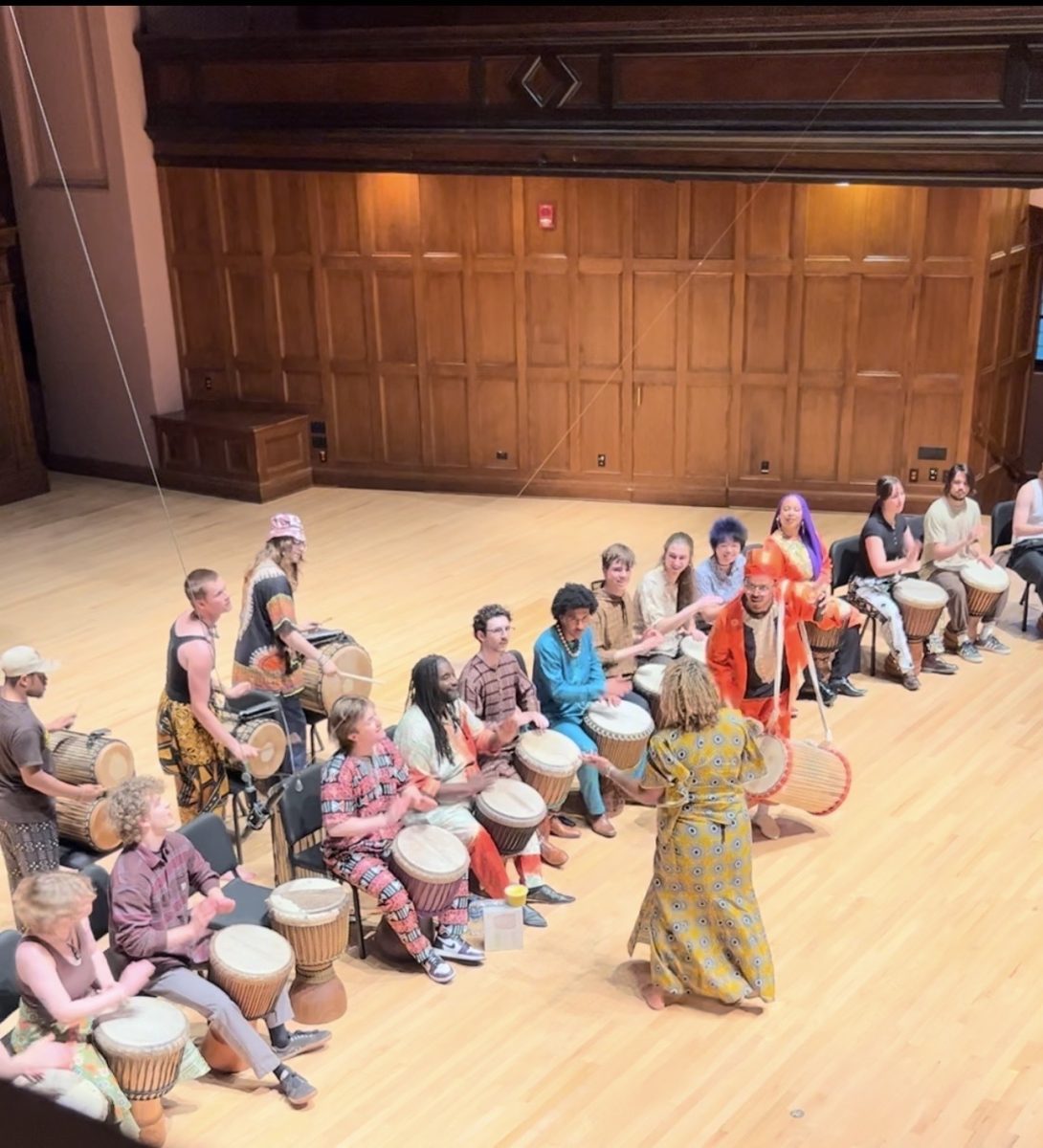Conversation As First Response To Adversity
April 5, 2013
As six housemates from the class of 2012, we have been deeply affected by the recent hate crimes on Oberlin’s campus. Needing to process our thoughts and feelings, and encouraged by the example set by the Oberlin community, we came together as friends and classmates to discuss our own experiences of privilege, oppression and bias at Oberlin. While we represent a variety of religious backgrounds and sexual orientations, we recognize that as white, cis-gendered men we are limited in our understanding of the personal impact of these attacks. Acknowledging that experiences of privilege and oppression differ among individuals, we believe that our community needs to strive for empathy and understanding through open dialogue.
This year’s violence has called upon the Oberlin community to confront issues of race, religion, gender and sexuality on campus on a scale without recent precedent. Dialogues addressing privilege and oppression raise awareness of social power structures and thereby encourage equality. For instance, the convocation speeches and student testimonies made us rightfully aware of our own distance from the discrimination that many students experience on a daily basis — and of the need to address these biases more directly. Following the example set by Oberlin’s convocation and other dialogues, we feel that conversation is an essential first step. By generating awareness and empathy, conversation lays the foundation for more substantive action. In this way, conversation strengthens diverse communities and must continue even when pressing conflicts are considered resolved.
Whether by joining student organizations, participating in public forums, protesting or engaging in community service, community members must ensure that the responsibility to encourage diversity does not disproportionately burden those who personally experi- ence oppression. The more diverse the perspectives brought to bear against bias, the more comprehensive their impact. After all, diversity is paramount to the resilience of any system — be it cultural, political, ecological, or otherwise.
As social, economic and climatic forces drive adversity in coming years, the importance of open dialogues will only increase. We recognize that not everyone who reads this letter will want to become an activist but hope that recent attacks on Oberlin’s campus demonstrate the need for ongoing conversation. As a community, we need to be more aware of the everyday biases that influence our interactions, and be more active in challenging them. Joining the conversation surrounding privilege and oppression is the most important first step we can take to address institutionalized bias at Oberlin and in the world to which it belongs.
—Matt Hartsock
OC ’12
—Jon Levin
OC ’12
—Josh Morse
OC ’12
—Josh Laufer
OC ’12
—David Fischer
OC ’12
—Adam Darer
OC ’12





